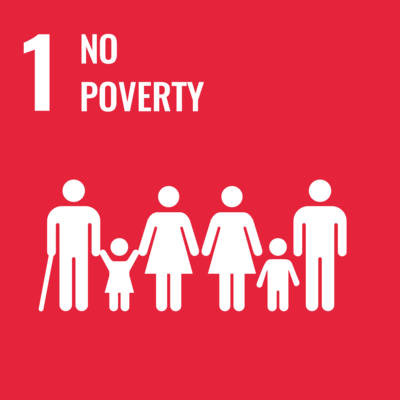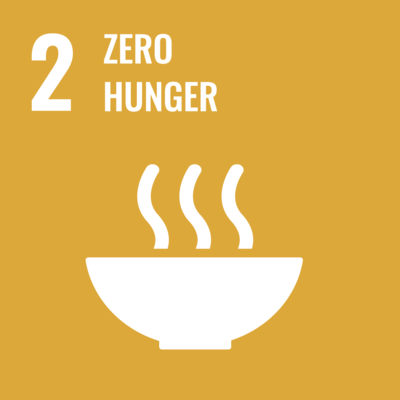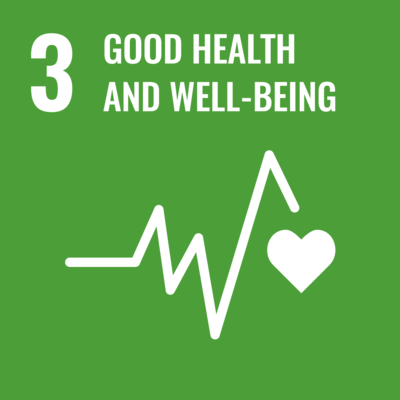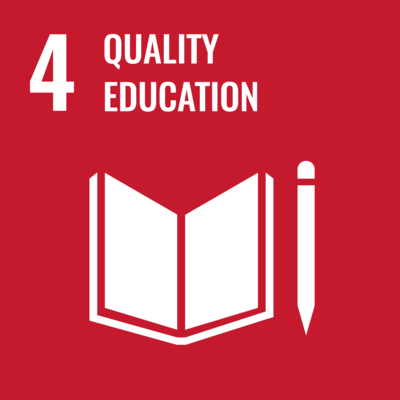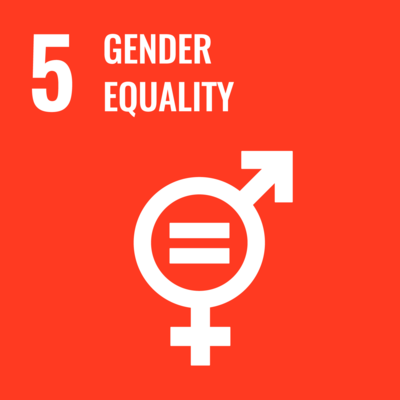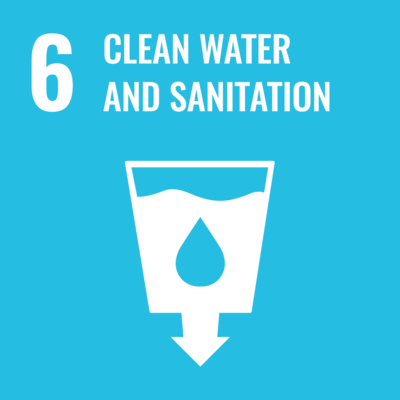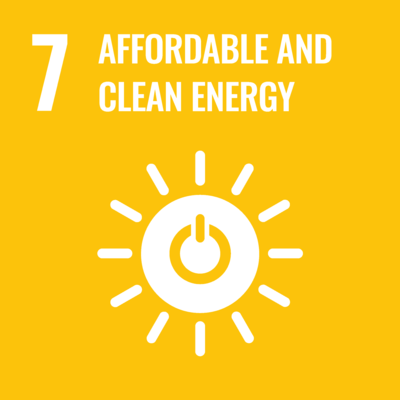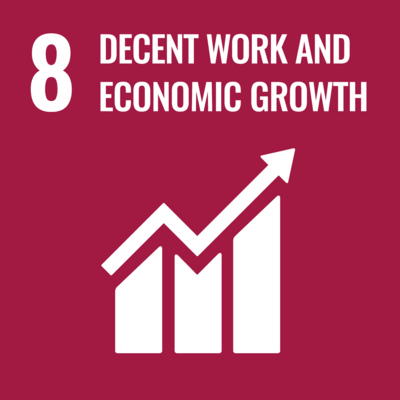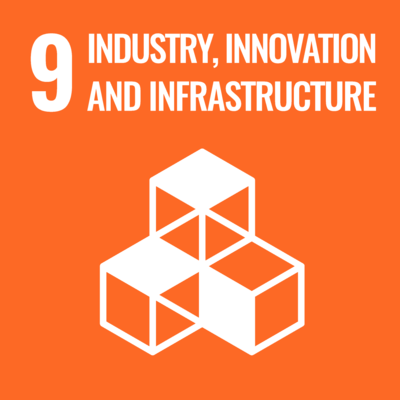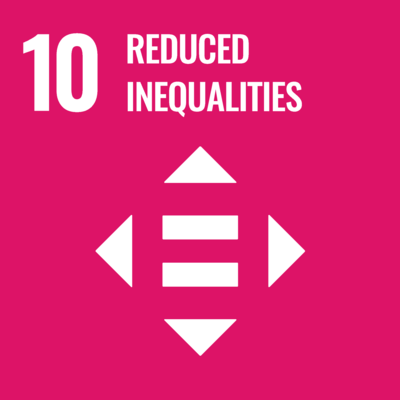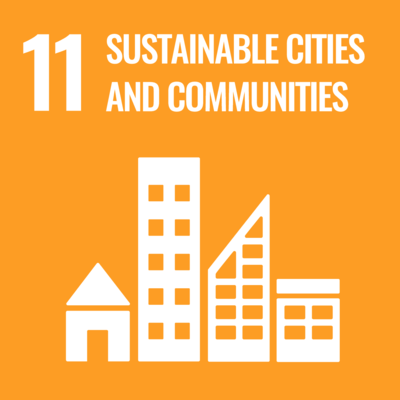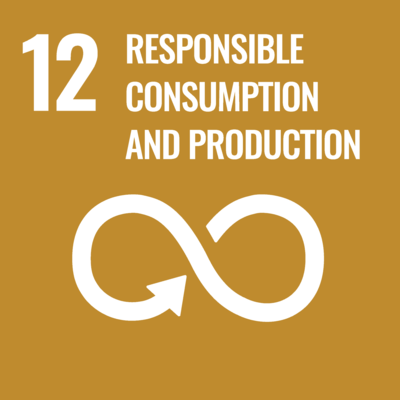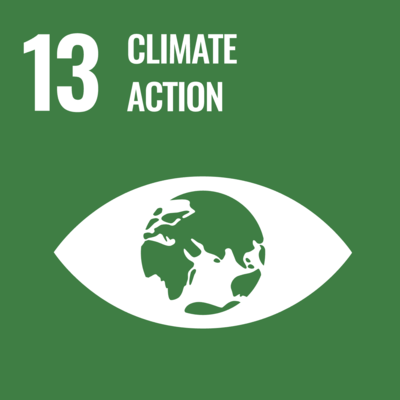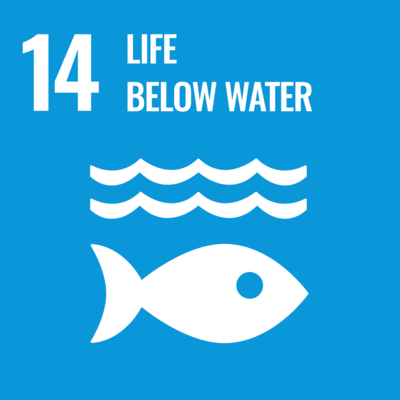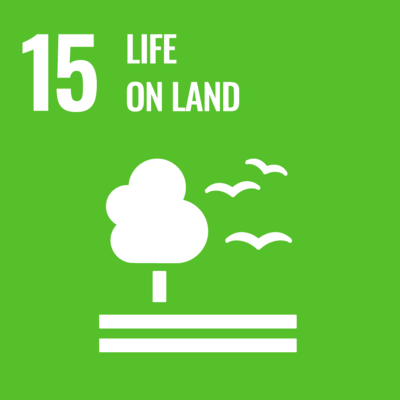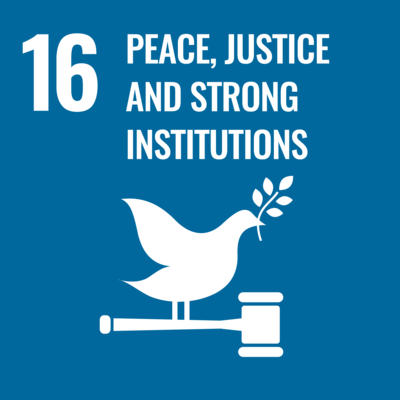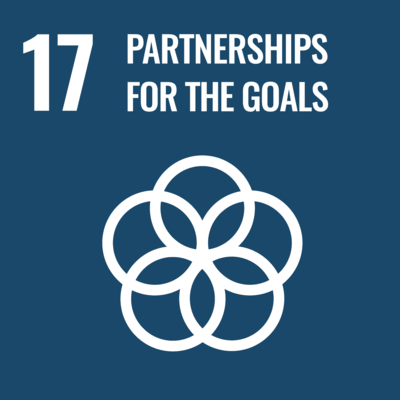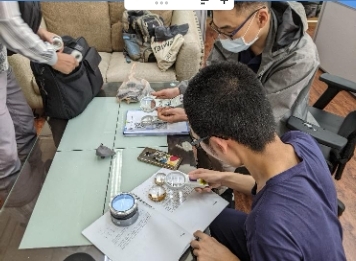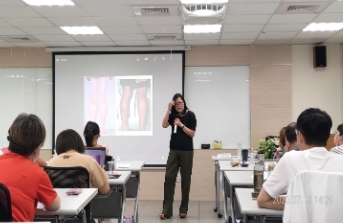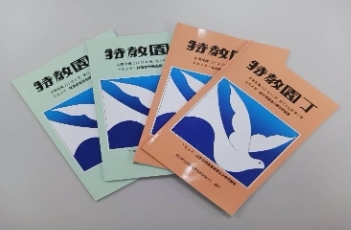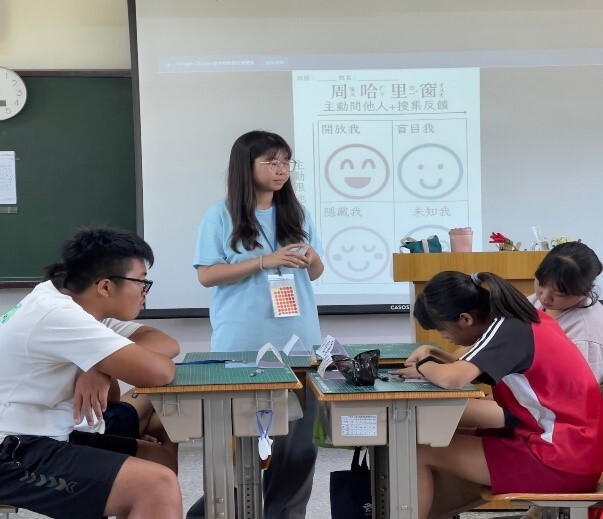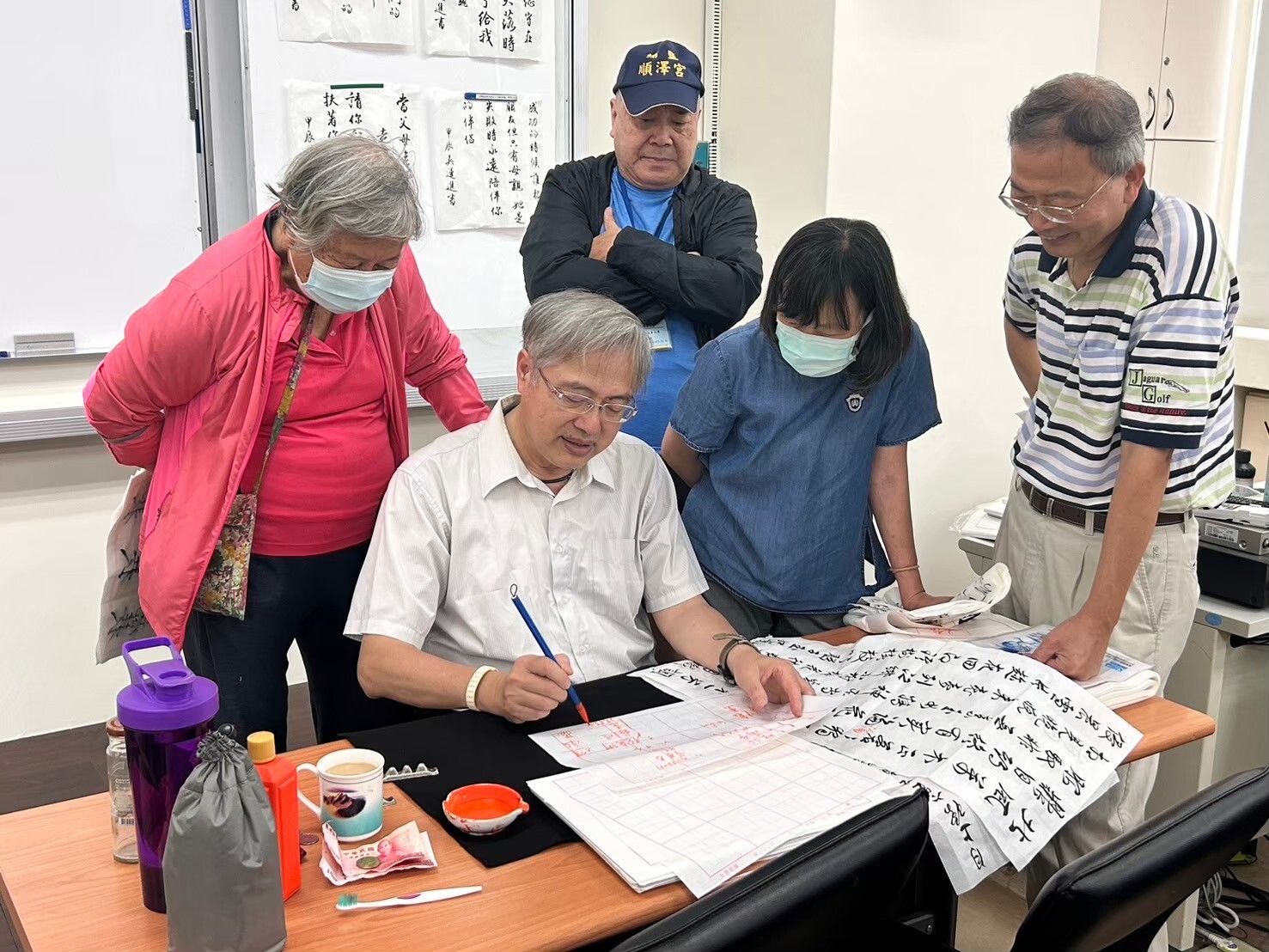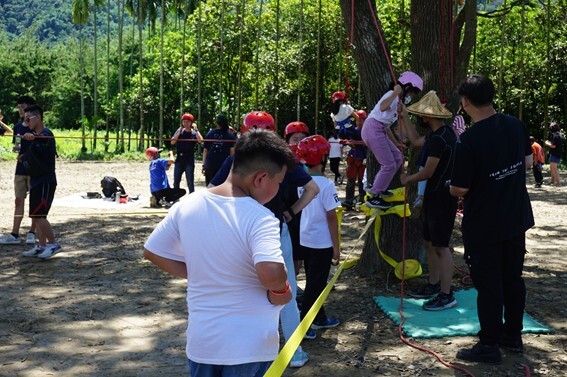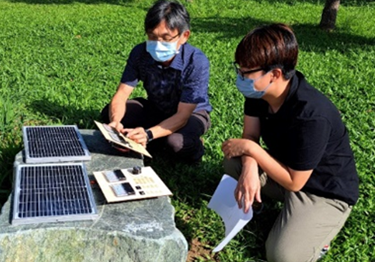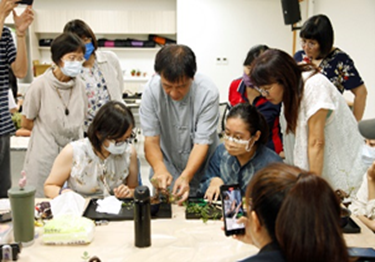SDG 1.4.3 Programmes for services access
People are at the core of sustainable development. NCUE is duty-bound to create a fair, just, and inclusive future. It is vital for universities to promote sustainability and improve everyone’s access to basic services. To eradicate poverty, NCUE organizes training and projects to improve students’ and related interest groups’ access to basic services.
To care for the community with high-quality education and reduce inequality, NCUE seeks to improve everyone’s access to basic services by implementing various projects (e.g., National Science and Technology Council, Ministry of Education projects, University Social Responsibility (USR) Projects, University Social Responsibility (USR) Hub Projects), offering language courses, sending groups to serve remote areas, and holding open seminars and community education activities. The relevant plans, policies, and results on education, service, electricity, health are as follows:
|
Category |
Responsible units |
Plan/policy |
Highlights |
Photos |
|
Education |
Special Education Center |
The Project of Recruiting and Guiding Students with Physical and Mental Disabilities by Universities and Colleges 2023 (Please refer to Annex 1.4.3A) (Figure 1) |
Provided relevant support services to NCUE students with physical and mental disabilities; 1581 people received help with learning, 147 people received assistance with daily life, 169 people received help with the job transitions, and 189 received guidance and counseling services |
Figure 1: On-site Assistive Technology Assessment by Tamkang University's Resource Center for the Visually Impaired |
|
Education |
Special Education Center |
The implementation plan of Changhua–Nantou–Yunlin Region’s Special Education Identification and Guidance (Enhancing Professional Competency) 2023 (Please refer to Annex 1.4.3B) (Figure 2) |
Held 22 professional competency activities, including 6 mandatory introductory courses, 2 mandatory advanced courses, 11 elective advanced courses, and 3 specialized courses. |
Figure 2: Special Education Professional Development Seminar - Understanding and Needs Assessment of Students with Disabilities |
|
Education |
Special Education Center |
Special Education Centre’s Counselling Project for Students with Disabilities 2022 (Please refer to Annex 1.4.3C) (Figure 3) |
1. Served a total of 84 people 2. Paid 5 visits to schools to provide counselling services 3. Published two issues of the Special Educator’s Journal to benefit special education departments, special education resource centers, special education administrative entities, faculties and students at all levels, and community members across Taiwan. 4. Conducted 2 briefing sessions on the identification of students with disabilities in universities and colleges, with 1 session on special education work review in the counseling districts, and 1 liaison meeting for disabled university/college students on their transition to life in a higher education institution. |
Figure 3: Special Education Publications |
|
Education |
Center for Teacher Education |
University Distinctive Project Application for the Third Phase (2022-2023) - University Social Responsibility Implementation Project: Baisha x Common Good: Deep Cultivation and Advancement of Local Communities (Please refer to Annex 1.4.3D) (Figure 4) |
1. Organized a one-week Baisha x Common Good camps in 6 rural secondary and primary schools in 3 counties and cities, serving 260 students 2. Using career exploration assessment tools to serve 56 disadvantaged students from 4 rural schools, helping them complete individual career-exploration activities |
Figure 4: Self-Awareness Course for Students at Yi-Wu Junior High School in Yunlin County |
|
Education |
College of Extension Education |
Public lectures and community education activities (Please refer to Annex 1.4.3E) (Figure 5) |
Provided courses on senior education (27 classes, 798 participants), enhancement of teachers’ capabilities (62 courses, 1,651 paticipants), training for 19 primary and secondary school principals and directors in management skills, training for 39 second-generation successors and female leaders in SMEs, workplace skills enhancement training for professionals (87 classes, 1,712 participants), and various continuing education courses (58 classes, 1,378 participants). |
Figure 5: Calligraphy Class at Senior Citizens' University |
|
Service |
Extracurricular Activities Team, Office of Student Affairs |
Service Clubs - Mountain Service Club, Fishing Village Service Club, Rural Service Club (Figure 6) |
Student service organizations held various learning activities during the academic year, such as event planning, drama skills training, team-building exercises, and outdoor games. During winter and summer breaks, they provided services in rural schools, offering recreational camps for local elementary students. Additionally, these clubs engaged in community services to connect with local initiatives. For example, the Mountain Service Club conducted street cleaning and mural painting, while the Rural Service Club hosted evening events, interacting with elders and children. Through these hands-on experiences, the participating students gained unique insights. After each activity, they engaged in discussions with their instructors. In 2023, seven service events were held, with 138 volunteers serving a total of 385 participants. |
Figure 6: Rural Service Team - Low-altitude Rope Climbing Experience
|
|
Electricity |
Department of Electrical Engineering |
University Distinctive Project Application for the Third Phase (2022-2023) - University Social Responsibility Implementation Project : |
1. Green Energy USR Micro-Course: A total of 154 students enrolled in the Green Energy USR Micro-Course. 2. Green Energy Education: 5 teacher training workshops were conducted with a total of 94 participants. One set of teaching materials was developed, and 38 seed teachers were trained. 3. Green Energy Technology: Completed 5 project productions. 4. Green Economy: Conducted three energy and carbon footprint training courses, training 24 of our university's faculty and students to obtain the ISO14064 greenhouse gas inventory certification. Additionally, two ISO50001 energy management certification training courses were held. NCUE successfully assisted 13 companies in Changhua County in completing their carbon inventories. |
Figure 7: Training Program for Green Energy Education Seed Teachers
|
|
Ecology |
Department of Art |
University Distinctive Project Application for the Third Phase (2022-2023) - University Social Responsibility Implementation Project: Ecological Homelands and Urban-Rural Sustainability: A Changhua Ecological Art Project. (Please refer to Annex 1.4.3G) (Figure 8) |
1. The "Climate Action" course conducted a "Neighborhood Green Survey" with 36 participants, aimed at understanding the urban heat island effect. In collaboration with Changhua Christian Hospital, the "Green Companionship" initiative created green rest areas along streets, serving over 320 people. Additionally, in cooperation with Xiangshan Village, three "Ecological Tour Guide Empowerment Workshops" were held, training 48 seed tour guides and serving 78 residents. 2. On-campus Seed Talent Cultivation: 27 seed teachers for primary and secondary schools; 22 individuals obtained horticultural therapy certification, and 3 became horticultural therapy instructors. 8 people were trained in video production and ecological fieldwork with drones; 4 won USR competition awards, and 8 received course passports. 3. Local Seed Talent Cultivation: 48 community ecological tour guide volunteers were trained. |
Figure 8: Horticultural Therapy Certification Course
|

